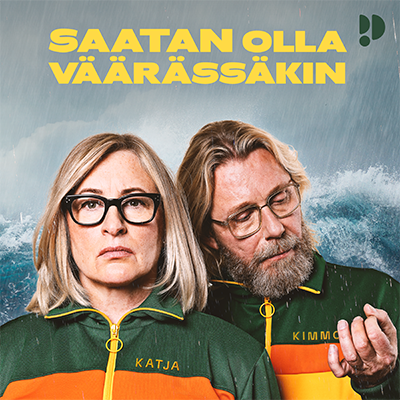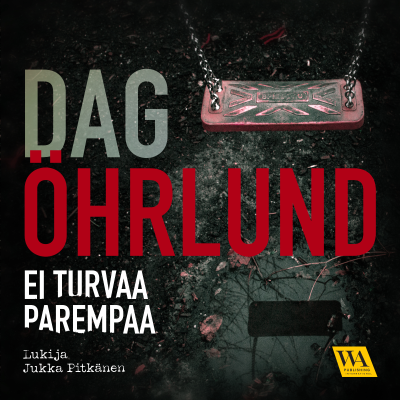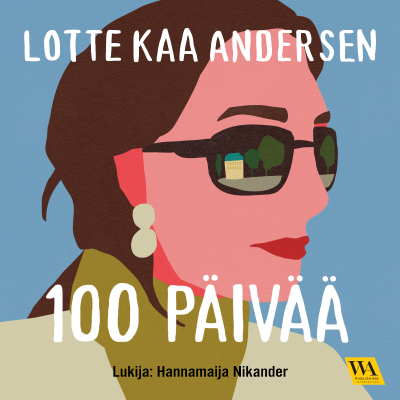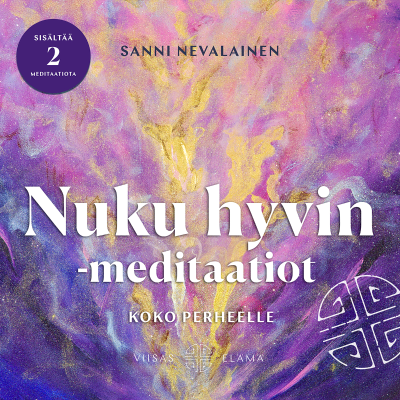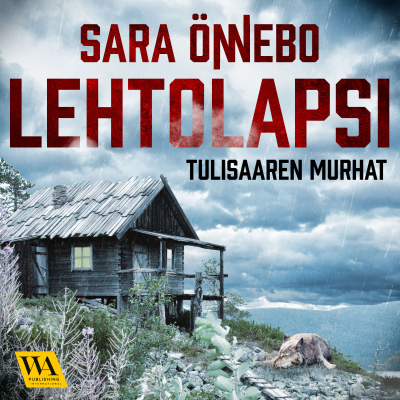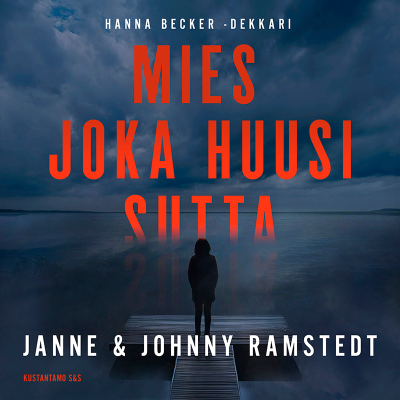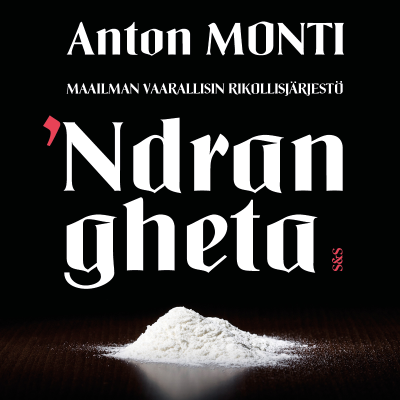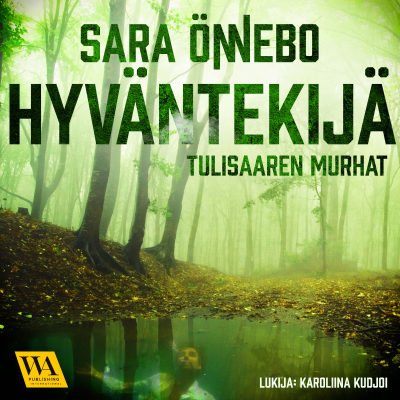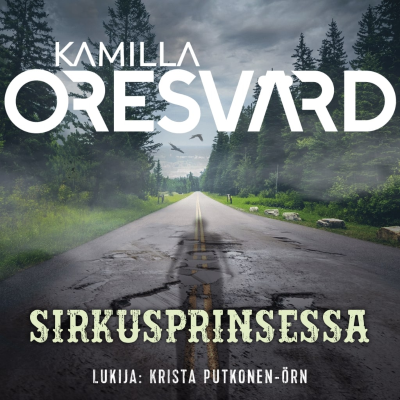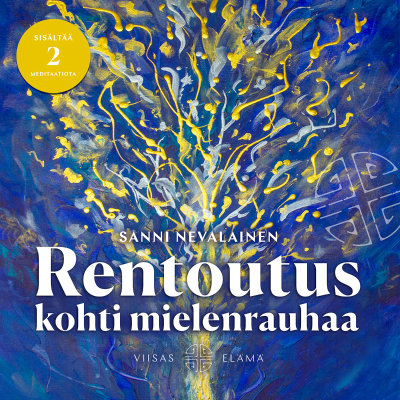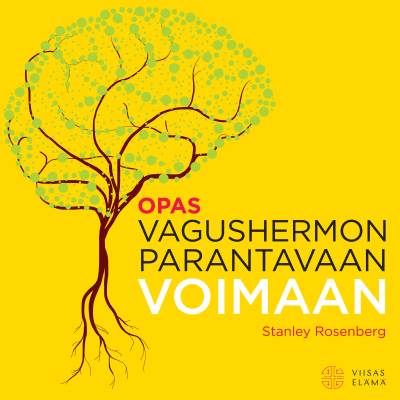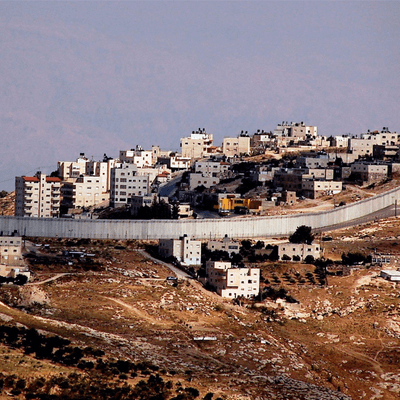
Occupied Thoughts
Podcast by Occupied Thoughts by FMEP
90 vrk ilmainen kokeilu
Kokeilun jälkeen 7,99 € / kuukausi.Peru milloin tahansa.

Enemmän kuin miljoona kuuntelijaa
Tulet rakastamaan Podimoa, etkä ole ainoa
Arvioitu 4.7 App Storessa
Lisää Occupied Thoughts
From the Foundation for Middle East Peace (FMEP), Occupied Thoughts amplifies the voices of FMEP grantees and partners, offers critical framing, and promote new ideas and new angles on the many issues connected to achieving justice, security, and peace for Palestinians and Israelis. FMEP works to defend and support Palestinian rights, end Israel’s occupation of the West Bank, Gaza Strip, and East Jerusalem, and ensure a just and secure future for Palestinians and Israelis. FMEP advances this goal through its grants program, public programming, and research. www.fmep.org
Kaikki jaksot
298 jaksotFMEP Fellow Ahmed Moor speaks with Palestinian American journalist and writer Jennifer Zaccharia about the treatment of Palestinian journalists and reporting by Israel and Western media, building on Jen’s recent Boston Review piece,”Can Anyone Hear Me? Palestinians are only allowed to exist if we don’t cause discomfort for those who seek to erase us.” They discuss the lack of accountability for Israel killing Jen’s cousin, Shireen Abu Akleh, in 2022; how Western media elides truth and suppresses information in reporting on Palestine; and the choices of words, including descriptors for sexual violence, that Western media uses to describe some victims. Jennifer Zacharia is a lawyer and writer who holds a JD from Columbia Law School, and an MIA from Columbia’s School of International and Public Affairs. A graduate of the University of California at Berkeley, she has worked as a journalist and with various human and civil rights organizations. Ahmed Moor is a Palestinian-American writer born in Gaza and a 2025 Fellow at FMEP. He is an advisory board member of the US Campaign for Palestinian rights, co-editor of After Zionism (Saqi Books) and is currently writing a book about Palestine. He also currently serves on the board of the Independence Media Foundation. His work has been published in The Guardian, The London Review of Books, The Nation, and elsewhere. He earned a BA at the University of Pennsylvania and an MPP at Harvard University. Original music by Jalal Yaquoub.
In this episode of Occupied Thoughts, FMEP Fellow Hilary Rantisi speaks with Dr. Yasser Abu Jamei, psychiatrist and Director General of the Gaza Community Mental Health Programme (GCMHP), Gaza's leading mental health organization. They discuss the how GCMHP has continued to serve Gazans, train mental health providers, and offer critical services and knowledge even in these genocidal conditions. They discuss what it means to "cope" with the horrors and deprivations of genocide, as well as the hope for a ceasefire and what outsiders can do to support the survivors in Gaza. For more on the GCMHP's work, see their website; Dr. Yasser's June 2025 article, "Living Through the Unimaginable: a Testament from Gaza;" GCMHP's report "Caring for survivors: New report reveals mental health Impact on Gaza" (August 2024); the website & resources of the Gaza Mental Health Foundation; Yasser Abu-Jamei is a Palestinian psychiatrist who heads the Gaza Community Mental Health Programme (GCMHP), the leading independent Palestinian non-governmental organization providing mental health services to the inhabitants of the Gaza Strip and training for mental health professionals. He became Director General of GCMHP in January 2014, following the death of its founder, Dr. Eyad El Sarraj. In 2012, he obtained a MSc in Clinical Neuropsychiatry (with distinction) from the University of Birmingham in the UK, Dr. Abu-Jamei is a member of the Task Force which developed the National Mental Health Strategy 2015-2019 in Palestine. He co-led the Mental Health and Psychosocial Support Technical Working Group in Gaza Strip and in 2020 co-founded the Palestine Global Mental Health Network. His interests include capacity building, neuropsychiatry, and advocacy. In addition to his research and authorship or co-authorship of some twenty academic papers, he has been certified as a Trainer of Trainers in the field of supervision and care for caregivers by the Free University of Berlin. Dr. Abu-Jamei has received several honors, including the Best Alumnus Award from the Said Foundation (2015), the Alumnus of the Year award from the University of Birmingham (2016) and the Community Resilience Award from the Rebuilding Alliance (2021). Hilary Rantisi grew up in Palestine and has been involved with education and advocacy on the Middle East since her move to the US. She is a 2025 Fellow at FMEP and was most recently the Associate Director of the Religion, Conflict and Peace Initiative (RCPI) and co-instructor of Learning in Context: Narratives of Displacement and Belonging in Israel/Palestine at Harvard Divinity School. She has over two decades of experience in institution building at Harvard, having been the Director of the Middle East Initiative (MEI) at Harvard Kennedy School of Government prior to her current role. She has a BA in Political Science/International Studies from Aurora University and a master’s degree in Middle Eastern Studies from the University of Chicago. Before moving to the US, Hilary worked at Birzeit University and at the Jerusalem-based Sabeel Ecumenical Liberation Theology Center. There, she co-edited a photo essay book Our Story: The Palestinians with the Rev. Naim Ateek. She has been involved with community leadership efforts and served on many boards to build multifaceted support for Palestinian rights and a more nuanced understanding of people’s lives in the Middle East region. Among them are The Gaza Mental Health Foundation, LE.O Foundation, Friends of Mada al-Carmel, Tawassul Palestinian Art and Culture Society, Friends of Sabeel North America, Palestine Program for Health and Human Rights at Harvard University and Research and Education Collaborative with Al-Quds University. She has also served as a Board Trustee at Aurora University. Original music by Jalal Yaquoub.
In this episode of Occupied Thoughts, FMEP Fellow Hilary Rantisi speaks with author & architect Suad Amiry and film & TV director/actor/producer Cherien Dabis. They discuss Cherien's latest film, All That's Left of You, an intergenerational story that goes back to the 1948 Nakba and arrives at the present and premiered at Sundance in early 2025. They talk about one of Suad's most famous books, Sharon and My Mother-in-Law, about life under Israeli occupation on the West Bank, and its upcoming adaptation to the screen, which Cherien will direct. Along the way, they discuss the effect of humor in storytelling, the role of diaspora Palestinians and relationship to the broader Palestinian collective, and the urgency of telling Palestinian stories. Suad Amiry is an award-winning conservation architect and writer. She is Professor of Architecture at Jordan University and Birzeit University, Palestine and a cultural heritage specialist focusing on conservation of historic buildings and revitalization of historic centers. Amiry is the founding director of Riwaq, which endeavors to protect and develop architectural heritage in Palestine and took a major role in the revitalization of the most significant 50 historic centers in rural Palestine. She is widely published and has authored many architectural books and other non-fiction books, including Sharon and My Mother-in-Law (2003, translated into 18 languages); If this is a Life? (2005); Nothing to Lose but Your Life: An 18 Hour Journey with Murad (2010); Golda Slept Here (2014); My Damascus (2016); and Mother of Strangers (2022). On Cherien Dabis is a trailblazing Palestinian American filmmaker and actress who has established herself as a creative force across a variety of mediums. She forged a new genre of Arab American storytelling with her critically acclaimed first feature “Amreeka.” The film world-premiered at the 2009 Sundance Film Festival and won the coveted FIPRESCI International Critics Prize at the Cannes Film Festival. Dabis wrote, directed and starred in her highly anticipated third feature film “All That’s Left of You,” which world-premiered to critical acclaim at the 2025 Sundance Film Festival. Dabis has directed standout episodes of hit television series such as Hulu’s “Ramy” and Netflix’s “Ozark." In 2022, she became the first Palestinian Emmy nominee for her groundbreaking, dialogue-free episode of Hulu’s comedy “Only Murders in the Building.” Her acting credits include Netflix’s “Mo,” Amazon Prime’s “Fallout” and Tarek Saleh’s “Eagles of the Republic,” which was in competition at this year’s Cannes Film Festival. Hilary Rantisi grew up in Palestine and has been involved with education and advocacy on the Middle East since her move to the US. She is a 2025 Fellow at FMEP and was most recently the Associate Director of the Religion, Conflict and Peace Initiative (RCPI) and co-instructor of Learning in Context: Narratives of Displacement and Belonging in Israel/Palestine at Harvard Divinity School. Original music by Jalal Yaquob.
In this episode of Occupied Thoughts, FMEP Fellow Ahmed Moor speaks with author Benjamin Balthaser about the history of Jewish anti-Zionism, its current forms in the US - whether it emerges from a more religious Jewish tradition or a more socialist, internationalist tradition - and what it means for the emerging Democratic socialist coalition in the US. Benjamin Balthaser is Associate Professor of Multi-Ethnic U.S. Literature at Indiana University, South Bend. His newest book, Citizens of the Whole World: Anti-Zionism and the Cultures of the American Jewish Left, will be released in July 2025 by Verso Press. He recently published "The Outcasts of Zion" (Boston Review Spring 2025) about how "[t]he manufacturing of Jewish Zionist consensus lies at the heart of American liberalism’s identity crisis." Ahmed Moor is a Palestinian-American writer born in Gaza and a 2025 Fellow at FMEP. He is an advisory board member of the US Campaign for Palestinian rights, co-editor of After Zionism (Saqi Books) and is currently writing a book about Palestine. He also currently serves on the board of the Independence Media Foundation. His work has been published in The Guardian, The London Review of Books, The Nation, and elsewhere. He earned a BA at the University of Pennsylvania and an MPP at Harvard University. Original music by Jalal Yaquoub.
In this episode of Occupied Thoughts, FMEP Fellow Peter Beinart speaks with journalist Negar Mortazavi about Iranian reactions to the recent U.S. and Israeli attacks on Iran. They discuss how Iranians rallied around the nation, not the regime; Iranian anger at Israel; and the level and manner of control that the Iranian regime maintains. Negar Mortazavi is an award-winning journalist and commentator, editor and host of the Iran Podcast, and a Senior Fellow at the Center for International Policy (CIP), based in Washington DC. She has been covering Iranian and Middle Eastern affairs as well as US foreign policy towards the Middle East for over a decade and was previously a television anchor for Voice of America, where she hosted a Persian talk show on current affairs and an English news segment on US elections. Negar grew up in Iran and Germany, immigrated to the United States in 2002, and has been living in exile since 2009. Peter Beinart is a Non-Resident Fellow at the Foundation for Middle East Peace. He is also a Professor of Journalism and Political Science at the City University of New York, a Contributing opinion writer at the New York Times, an Editor-at-Large at Jewish Currents, and an MSNBC Political Commentator. His newest book (published 2025) is Being Jewish After the Destruction of Gaza: A Reckoning. Original music by Jalal Yaquoub.

Arvioitu 4.7 App Storessa
90 vrk ilmainen kokeilu
Kokeilun jälkeen 7,99 € / kuukausi.Peru milloin tahansa.
Podimon podcastit
Mainoksista vapaa
Maksuttomat podcastit






